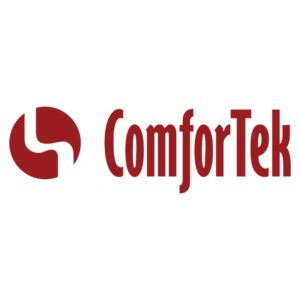LTC mergers, acquisitions spike 39 percent in 2011
Long-term care merger and acquisition activity rose 39 percent in 2011, with 161 deals having been completed during the calendar year, according to research publisher Irving Levin Associates, Inc.
Total dollar volume in LTC mergers and acquisitions rose to $16.3 billion, a 34 percent spending increase over 2010.
In addition to last year’s improved performance, the research firm predicted “strong deal making” to continue in the long-term care and hospital sectors.
“Despite the rhetoric of repeal, hospitals and other providers will keep pursuing mergers and acquisitions to assemble the component parts for building accountable care organizations,” said Sanford B. Steever, PhD, editor of The Health Care M&A Report.
Irving Levin noted that deals in provider sectors dependent on government payments will be particularly vulnerable as changes to reimbursement protocols—whether they be real or threatened—are either implemented or discussed by policymakers.
“Deal makers clearly prefer non-volatile markets, which afford them greater confidence in projecting financial results and proposing valuations for companies they wish to buy or sell. With the ongoing uncertainty in Europe, American companies will be leading the [healthcare merger and acquisition] market,” said Stephen M. Monroe, managing editor at Irving Levin.
During 2011, a total of $227.4 billion was committed to finance the year's activity in healthcare mergers and acquisitions—a number that includes long-term care, home health, hospital and other providers. This represents an 11 percent increase in spending over 2010, Irving Levin said.
In terms of deals announced, 2011 saw a total of 980 transactions in 13 sectors of the healthcare industry—a 3 percent decrease from 2010. However, deal volume is expected to increase to more than 1,000 as new information, such as annual 10-K filings, brings more transactions to light, according to the research firm.
I Advance Senior Care is the industry-leading source for practical, in-depth, business-building, and resident care information for owners, executives, administrators, and directors of nursing at assisted living communities, skilled nursing facilities, post-acute facilities, and continuing care retirement communities. The I Advance Senior Care editorial team and industry experts provide market analysis, strategic direction, policy commentary, clinical best-practices, business management, and technology breakthroughs.
I Advance Senior Care is part of the Institute for the Advancement of Senior Care and published by Plain-English Health Care.
Related Articles
Topics: Finance , Housing











